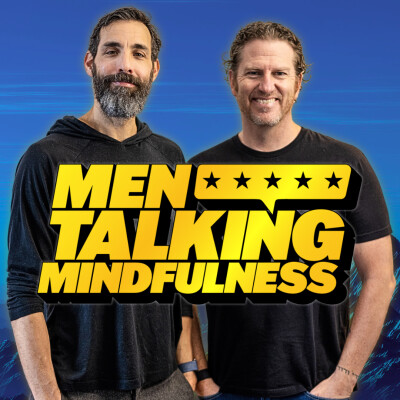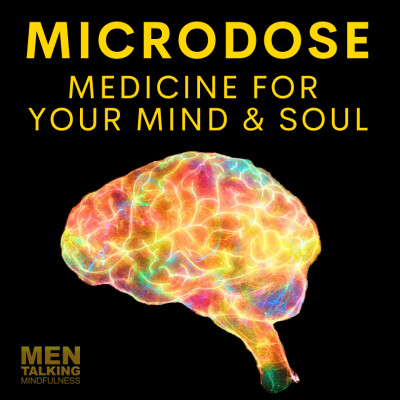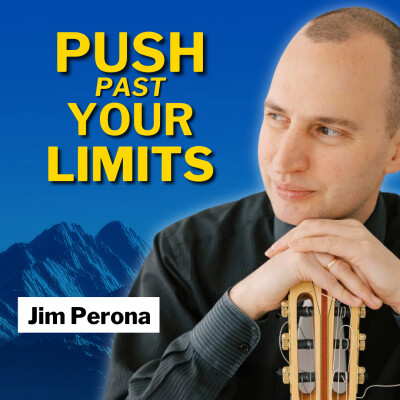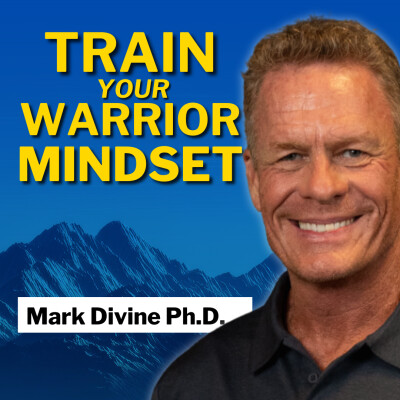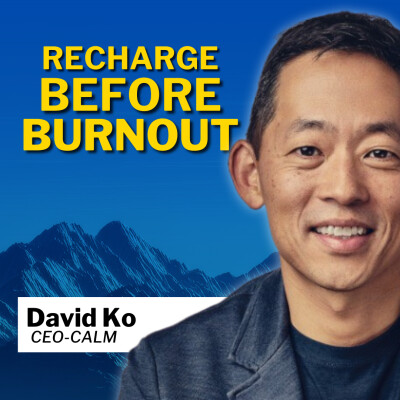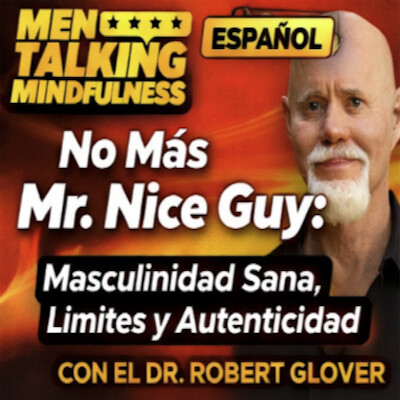Speaker #1Because like I said, you can believe something or you can have faith in something, but you got to verify it. And I mean, go further. What do you mean? Yeah. It's like this idea of, you know, like principles. Stephen Curry talks about this, a principle-centered life. When your values are principles. that's helpful. Why? Because principles are universal, timeless, and self-evident. So that self-evident piece is very important. See if it's true. And when you see it's true, then you know it. Yeah. It's a knowing rather than it being up here. It's a being. You actually understand it. You get it. It's a deeper understanding. And when you understand something, it alleviates you from a lot of other, you know, alleviates you from superstitions or having opinions because everybody has an opinion and their opinion is based on the one experience they had and they're not really looking at the context because we take content and put it in any context and think it's the same no context changes right your your view to it so it's like where things are always changing so we got to see things in new and fresh ways because what is happening now is not what happened before the conditions have changed we've changed everything's changed So you might come to the same conclusion, but you have to have the same process of being open to seeing things as they are or as we want them to be. And again, when we're embellishing them or when we're awfulizing things because there's opinions that are going in instead of us getting the raw data and getting a real sense of letting whatever's there speak to us in its own language. So that's challenging, but that's the work. And I can see it's very helpful having this. And so when I talked about this idea of. intuitive awareness, Ajahn Sumedho calls it reflective awareness. It's awareness without thinking. It's just letting things speak to you and you don't have to, like say we're talking, I'm looking at you guys, you guys are looking at me. My job is to be aware and just to be aware of what I'm observing without having to say, okay, well, you know, Will's here and he's this kind of guy and John is here and he's that kind of guy. It's just experiencing you as you are. Of course, I see masterpieces. I'm not looking at whatever the symptoms are or whatever. I'm seeing the divine spark. I'm seeing the masterpiece. Love it. So by seeing that, now I'm relating to you. And here's the interesting thing. We know this from research. When we relate to people, when we see people, it's helpful if we see them as we know they can be instead of how they are in a sense of not. embracing them where they are. But if you see their greatness and you see what the potential can have and you can see that and you create a space for them to move into that, that's different than seeing you and saying, okay, you're this way or whatever, but just seeing your greatness, that we have this potential. So let's focus on how we're alike and let's level how we see each other, see each other with kindness, but as our masterpiece, as that light, as a divinity. and of course it's challenging to do it But you'll see if you see somebody beyond their behavior. And I'm not saying doing this and there's somebody who's dangerous and who's crazy or who is kind of, you know, like, you know, we might even be, you know, might be a sociopath or whatever. It's really more about understanding that how I see you has everything to do with how I relate to you. And what I can see from you, because this is where we get in. We put each other in the box. And it's interesting because I live in Boston and I've worked with a lot of elite teams. And none of them are from Boston. I've worked with the Lakers, the Bulls, you know, last year with Edmonton, the Oilers. The thing is, it's like, OK, if you look at it, the Beatles had to leave England to become the Beatles. Jimi Hendrix had to leave. You have to go to England to be Jimi Hendrix. And the main dude, Jesus had to leave Nazareth to become the Messiah. Because in Nazareth, he's known as, oh, that's supposed to have something to copper them. So there's something about this, you know, we put somebody in a box we don't let out, man. We just keep them there. And that's where stereotyping and all of this other stuff goes. And, you know, like being the caste system where the untouchables or people on the other side of the track. We have these ways where we have this illusion of separateness, and we don't have a way of relaying to each other on the level of humanity. If we lose our humanity, we make people into things instead of making them to... beings and realizing that all men choose only the good people they may not have the understanding because they're ignorant or they're not seeing clearly but everybody's really trying to do say things and do things for their highest good for their good for you know you choose only the good yeah but when you get afraid you don't think it's enough so you come from scarcity so you're not apt to share you're apt to hoard and to fight you know fight off but you feel like you're being threatened, sometimes you might be. But it's this idea of understanding how we're seeing things, that we have this ability. And how because here's the profound thing. Something happens and then we interpret what it means. Now we have a lot of choices. So as Henry Ford said, you think you can or you can't. You're right. Right. So why not see things? And actually, like a case, he talks about this in some of his teachings that something happens. We get to interpret what it means and why not interpret things in ways that inspire, empower us to do things.
